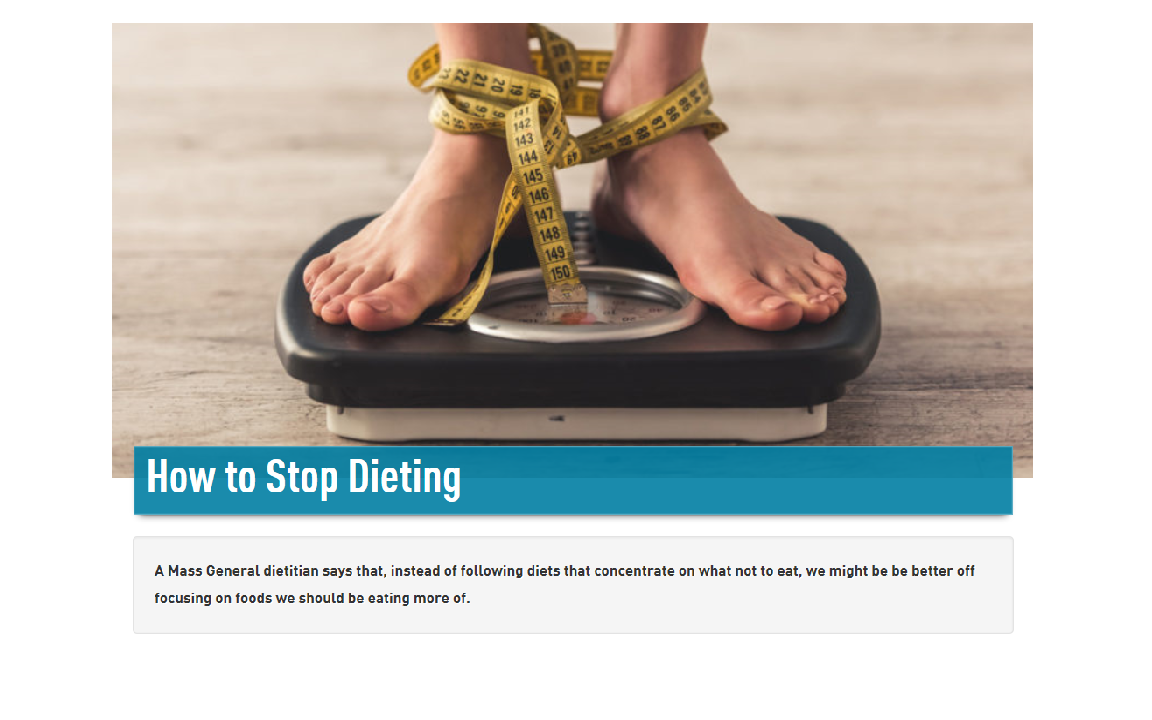|
Certain types of bacteria can help us digest food and may support a healthy immune system. But stressors, such as antibiotics and a diet high in processed foods, can reduce these beneficial microbes.
Fermented foods are a source of these bacteria. We don’t know yet to what extent they colonize our guts, but research suggests they may be helpful. Some foods with live bacteria include yogurt, kefir, and certain types of sauerkraut and pickles. Other cultures eat a variety of fermented foods, such as:
Look for foods that are fermented, rather than pickled with vinegar or processed using high heat. Labels on dairy products should include live bacteria (such as Lactobacillus). Aim to regularly incorporate these foods into your diet. To start, try this sesame miso cucumber salad. Or blend 2/3 cup plain Greek yogurt with ½ cup kimchi for a dip that tastes like pimento cheese, as suggested by Cooking Light. REFERENCES Moyer, L. The Lowdown on Fermented Foods. Nutrition Action, March 2017. Accessed August 2018. Fermented Foods Can Add Depth to Your Diet. HMS Harvard Health Publishing, July 2018. Accessed August 2018. Skara, T. et al. Fermented and Ripened Fish Products in the Northern European Countries. Journal of Ethnic Foods, 2015. 2(1): 18-24. Pérez-Cataluña, A. et al. Diversity and Dynamics of Lactic Acid Bacteria in Atole Agrio, a Traditional Maize-based Fermented Beverage from South-Eastern Mexico, Analysed by High Throughput Sequencing and Culturing. Antonie Van Leeuwenhoek, 2018. 11(3): 385-399.
0 Comments
The only diet advice you need is that you probably don't need one. Click here to read an article by one of our nutrition experts, Emily Gelsomin, about how to sort through recent diet fads. A safe amount of sun can help your body make Vitamin D, but as we prepare for fall turning to food and supplements can help meet needs. Vitamin D is important for maintaining strong bones and a healthy immune system. Some studies suggest it may also help reduce diseases like diabetes and cancer, though more research is needed. Vitamin D sources include:
It can be hard to get enough vitamin D through diet alone. (Eating a tuna sandwich, egg, and cup of milk only provides about half the daily amount.) 600 IU of vitamin D is recommended for most adults and some studies suggest getting 1000 IU or more may have benefits. Read food labels (hint: a daily value of 20% or more is an excellent source) or take a supplement to meet your needs when the season changes. REFERENCES Benefits of Moderate Sun Exposure. HMS Harvard Health Publishing. Accessed July 2018. Vitamin D: Fact Sheet for Health Professionals. National Institutes of Health. Accessed July 2018. Brookes, L. Vitamin D and Mortality Risk: Should Clinical Practice Change? Interview with Dr. Cedric F. Garland. Medscape. Published 2014. Accessed August 2018. Yin, K and D., Agrawal. Vitamin D and Inflammatory Diseases. J Inflamm Res, 2014. 7: 69-87.
|
TOPICS
All
Archives
December 2023
|




 RSS Feed
RSS Feed